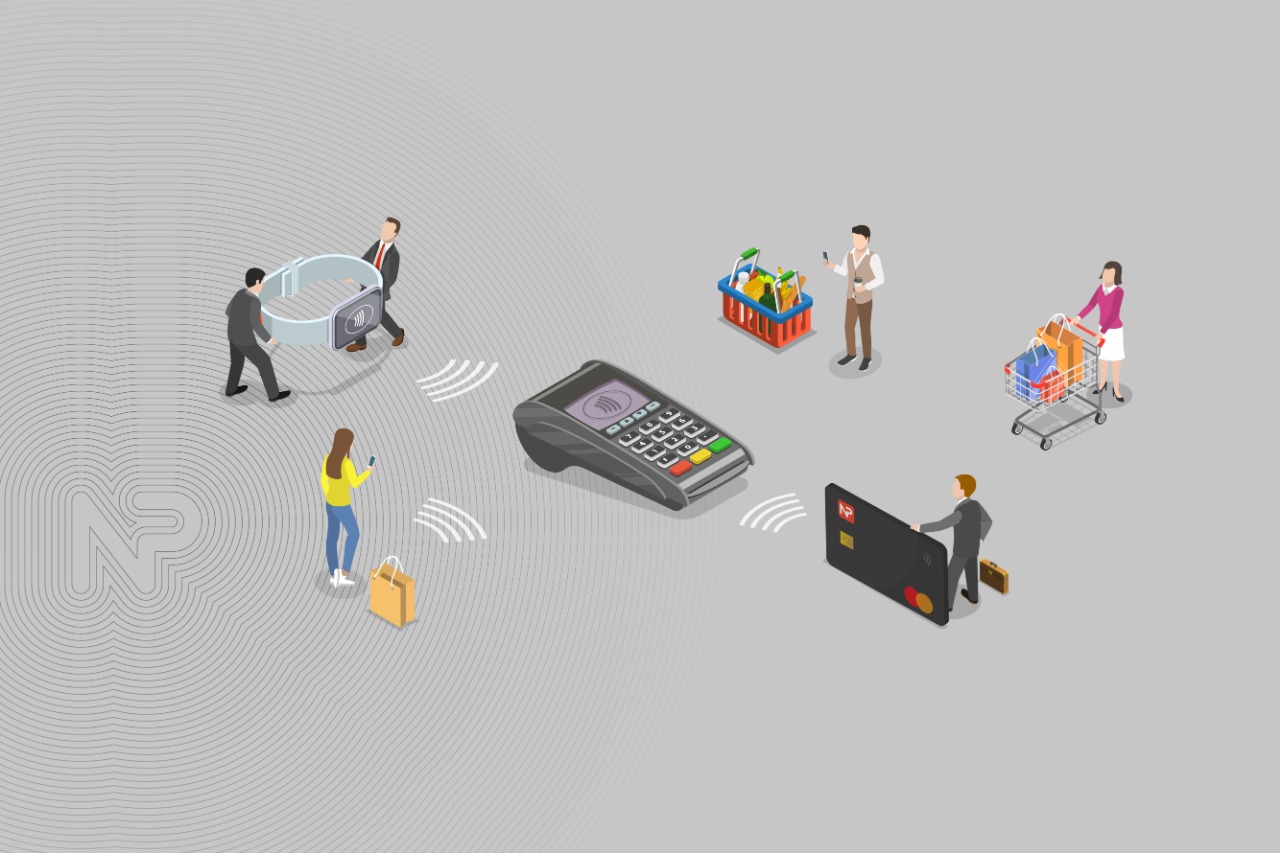As people around the world rush to stack up on supplies to prepare for state enforced curfews amid the coronavirus outbreak, the concern about using cash which can spread the virus further have become a serious discussion topic.
It is no secret plus scientifically proven that ‘Cash’ can contain bacteria and viruses that can lead to the spread of diseases. Since each paper note/bill can have a lifespan ranging from 4 to 15 years, germs can pile up with dire consequences.
We have seen during this crisis, because of such concerns banks in China, the centre-point of Coronavirus disinfecting cash with ultraviolet and even destroying large amounts of notes in an attempt to prevent the further spread of the virus.
Even the World Health Organisation (WHO) have started to call on people to use contactless payments to reduce reliance on handling cash. Mastercard have enabled over 29 countries to raise contactless payment limit to minimize the use of entering and touching Point of Sale (POS) terminals to enter their PIN number for authorising transactions.
Even though it is possible for dirt to transfer onto our payment cards, mobile phones (e-wallets) while making a payment, but the chance of bacteria transferring from someone else to you are much less and can be addressed easier than cash. For instance, the easiest method to use at home would be to get an eraser and a damp towel. Wipe the card clean with the towel, then take the eraser and gently rub the strip on the back of the card. Then take an anti-bacterial wipe over the card and wait for it to dry before carrying it again. Another option would be to use UV light sanitizers to clean your mobile phone as well as your payment cards. While washing your hands frequently after touching any surface including Point of Sale (POS) machine to tap in your PIN number to authorise a transaction.
While these are sound advice of how to protect ourselves from the spread of coronavirus and all other infections, it brings us to the question, in a cash society alike ours where the infrastructure to facilitate digital payment is at its infancy or can be argued almost none existent in many parts, or when billions of dinar is distributed in salaries every month, how can we make our necessary purchases and minimize the chances of being infected without such reliance on cash?
The answer is, we must do everything possible to accelerate all efforts to #GoCashless. We know and have seen all over the world, stamping out cash from our daily lives may not be possible 100% but it must be minimised as much as possible for many reasons, including health as we are experiencing now.
Although it is regrettable that we have to face such crisis to really get people to take notice and start listening to the need for changing the culture of payment in our country, it is not too late. But this means we need to ensure that financial inclusion is really addressed. Everyone in our society must have access to financial services whether it is through banks or organisations like NassPay.
Policymakers must facilitate and ease the process for merchants to make the acceptance of cards and ewallet part of their payment options. If there is not enough point-of-sale (POS) terminals available at the supermarkets where we buy our necessities, or retail stores we buy our clothes or other belongings or at the Doctors surgery to pay for our treatments or medicine, or ecommerce platforms to accept electronic payments how can financial inclusion be effective or expect people to be less reliant on cash?
We live in a world that is changing rapidly and now with life-threatening consequences if we do not change with it. We must learn from this crisis and really make the changes needed to better the lives of people in our country and the payment sector is part of the bigger picture of keeping everyone as safe as possible.
Let’s all join forces to usher in a NEW PAYMENT CULTURE and foster a new mindset for a NEW WORLD.

